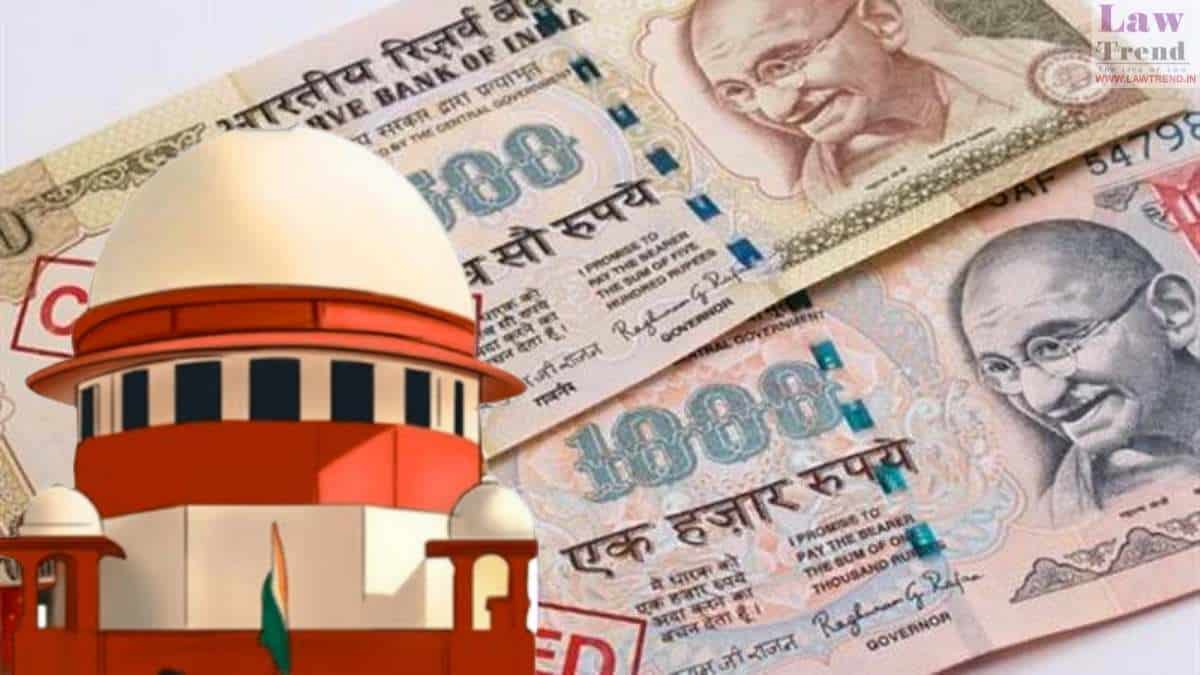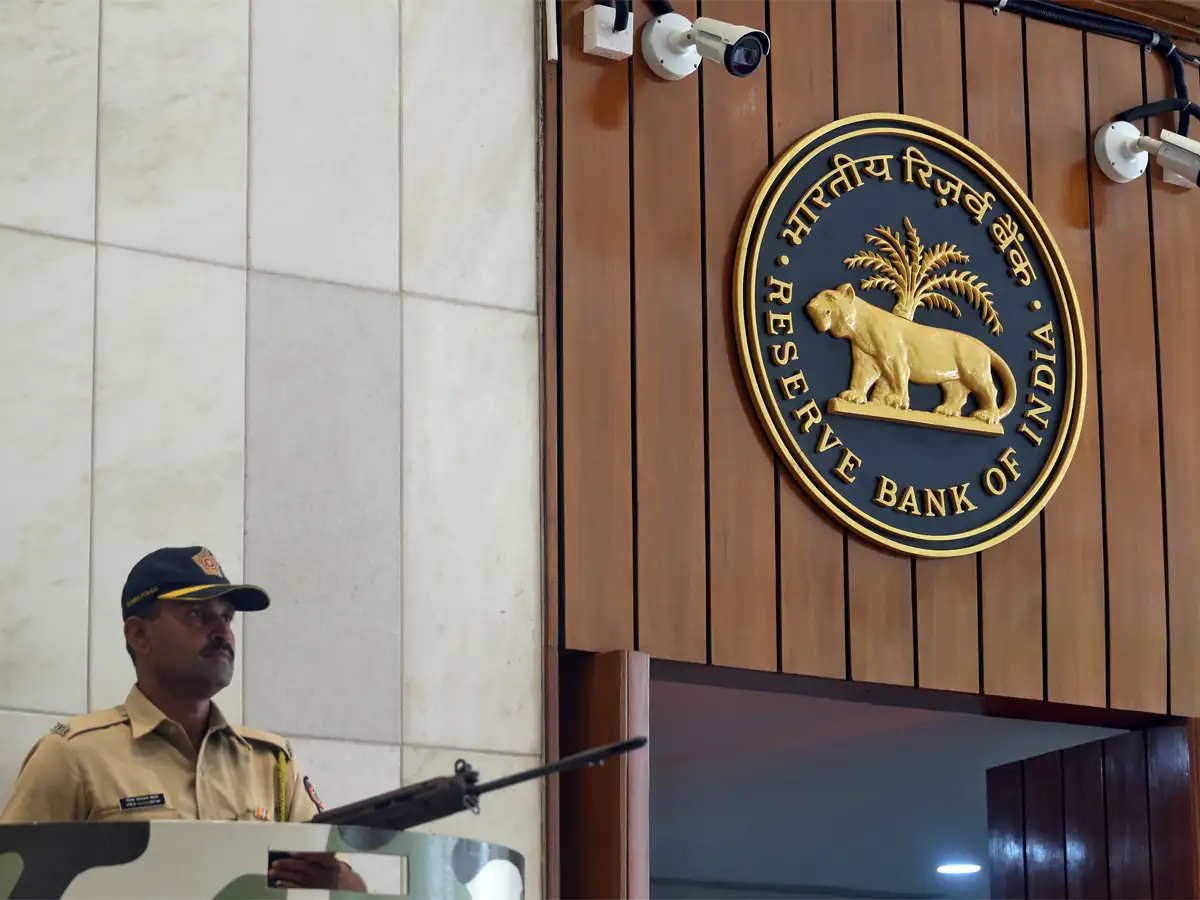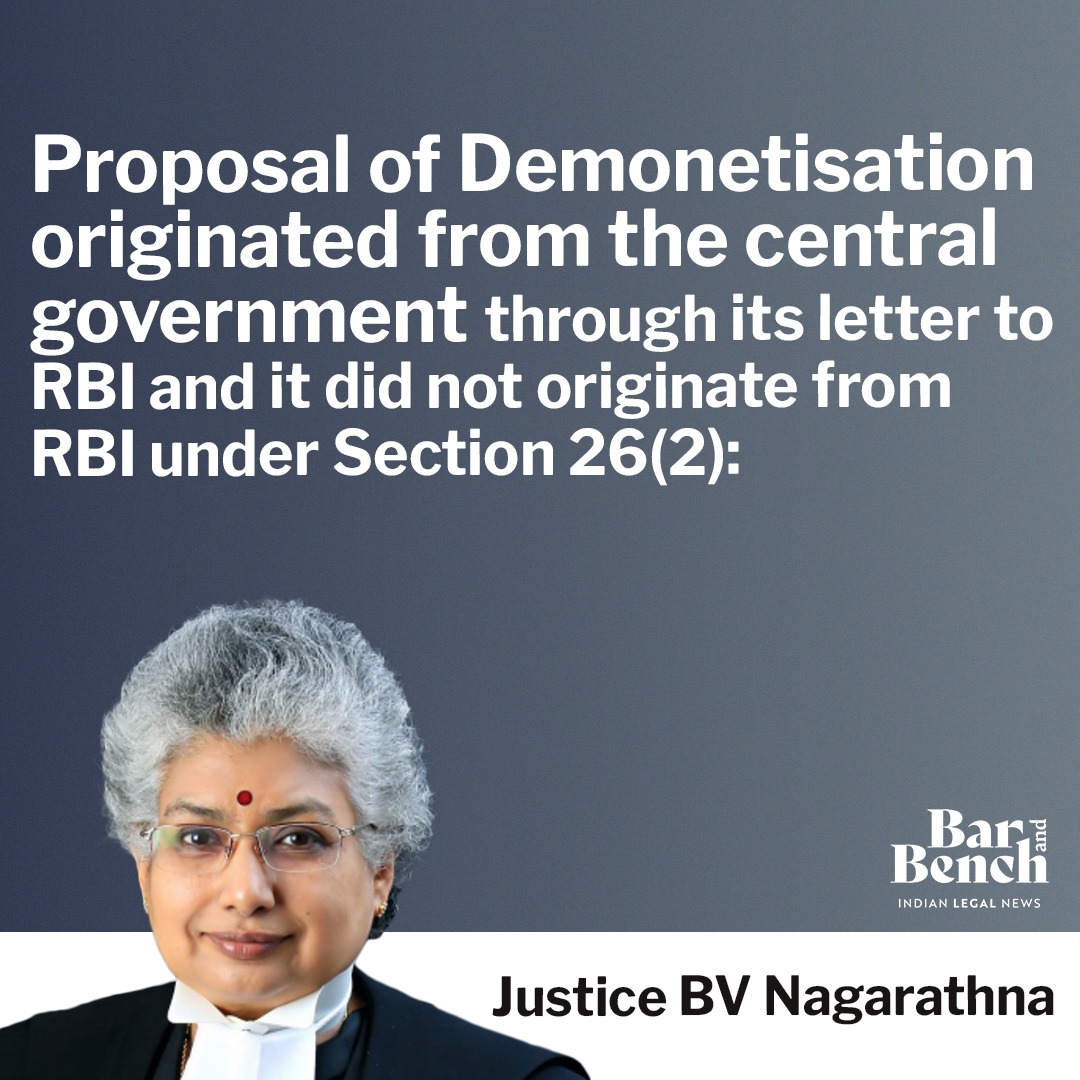Listen the Article:
Supreme Court On Demonetization: The Supreme Court has given its verdict on demonetization. The constitution bench of the court with a 4:1 majority has upheld the decision of the central government to close the notes of 500 and 1000 rupees six years ago. Along with this, the court has also dismissed all the 58 petitions. 4 judges have taken the decision by majority. At the same time, a judge has raised questions on demonetization. While giving the verdict, the bench said that no error has been found in the notification of November 8, 2016 and all series of notes can be withdrawn.

The Supreme Court said that there was no deficiency in the process adopted while taking the decision of demonetization, so there was no need to quash that notification. The court also said that RBI does not have the independent power to change the date of withdrawing the demonetized notes. At the same time, the court said that the central government can take such a decision only on the recommendation of the RBI.
‘The decision making process cannot be said to be wrong’
It was also said in the judgment that the court can interfere in the economic policy very limited. The judges said that discussions were held between the Center and the RBI (on demonetization) for six months, so the decision-making process cannot be falsified. The Supreme Court said that “as far as the problems faced by the people are concerned, it needs to be seen here that what was the objective of the step taken.”

Opinion of a judge
Justice Bibi Nagaratna’s opinion regarding demonetization appeared different. He said, “Demonetization of all series of notes at the behest of the central government is a far more serious issue than bank demonetization. Therefore, it should be done first through executive notification and then through legislation.” He further said that as per section 26(2), the proposal for demonetization can come only from the Central Board of RBI.
Justice Nagaratna said the RBI did not apply an independent mind and only approved the Centre’s wish for demonetization. He said, “A perusal of the records produced by the RBI shows that the entire exercise was done in just 24 hours due to the will of the Centre.”

What did Justice BR Gavai say?
Justice BR Gavai, reading out the majority judgement, said that demonetization had a proper nexus with the objectives (elimination of black marketing, terrorism financing etc) that it sought to achieve. He said that it is not relevant whether the objective was achieved or not. The bench further said that the prescribed period of 52 days for exchange of notes cannot be termed as unreasonable.
The bench further said that Section 26(2) of the RBI Act, which empowers the Center to demonetize any series of bank notes of any denomination, can be used for demonetisation.




